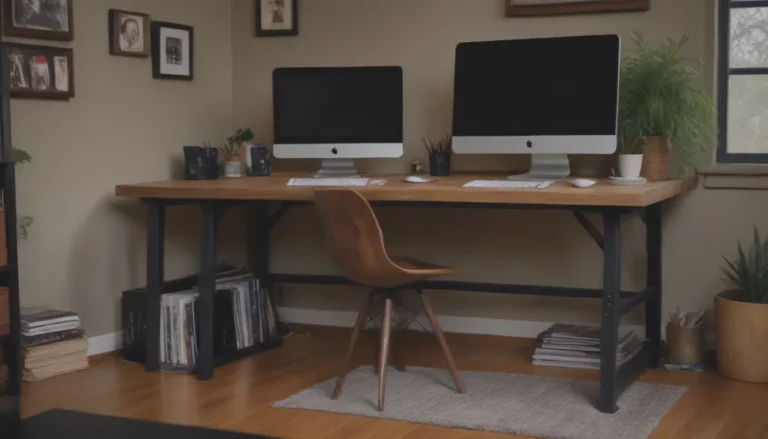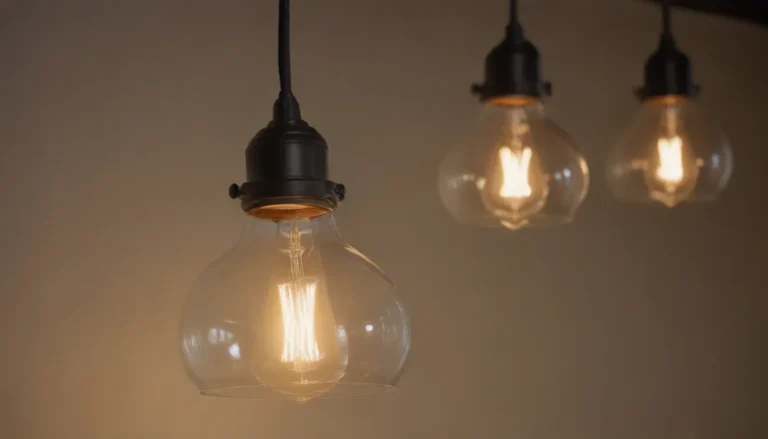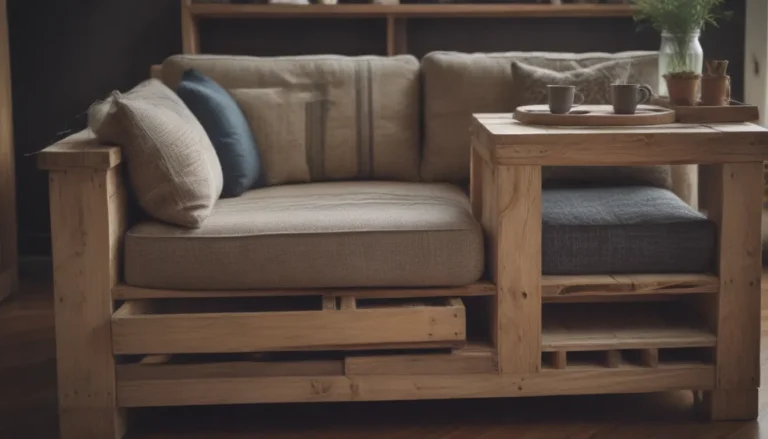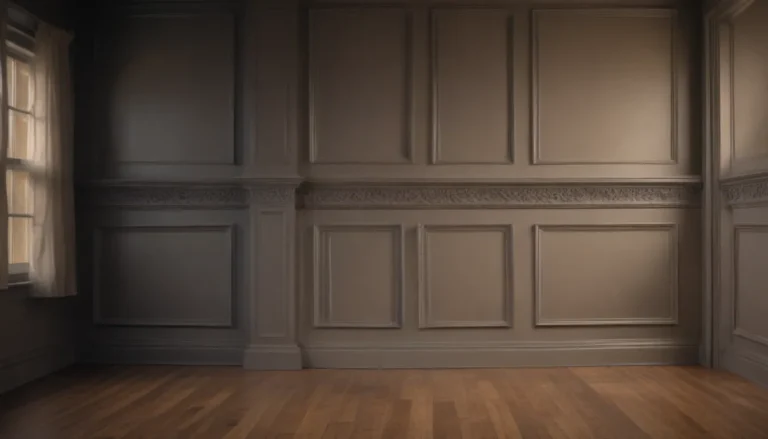9 Kitchen Flooring Options for Durable, Low-Maintenance Floors
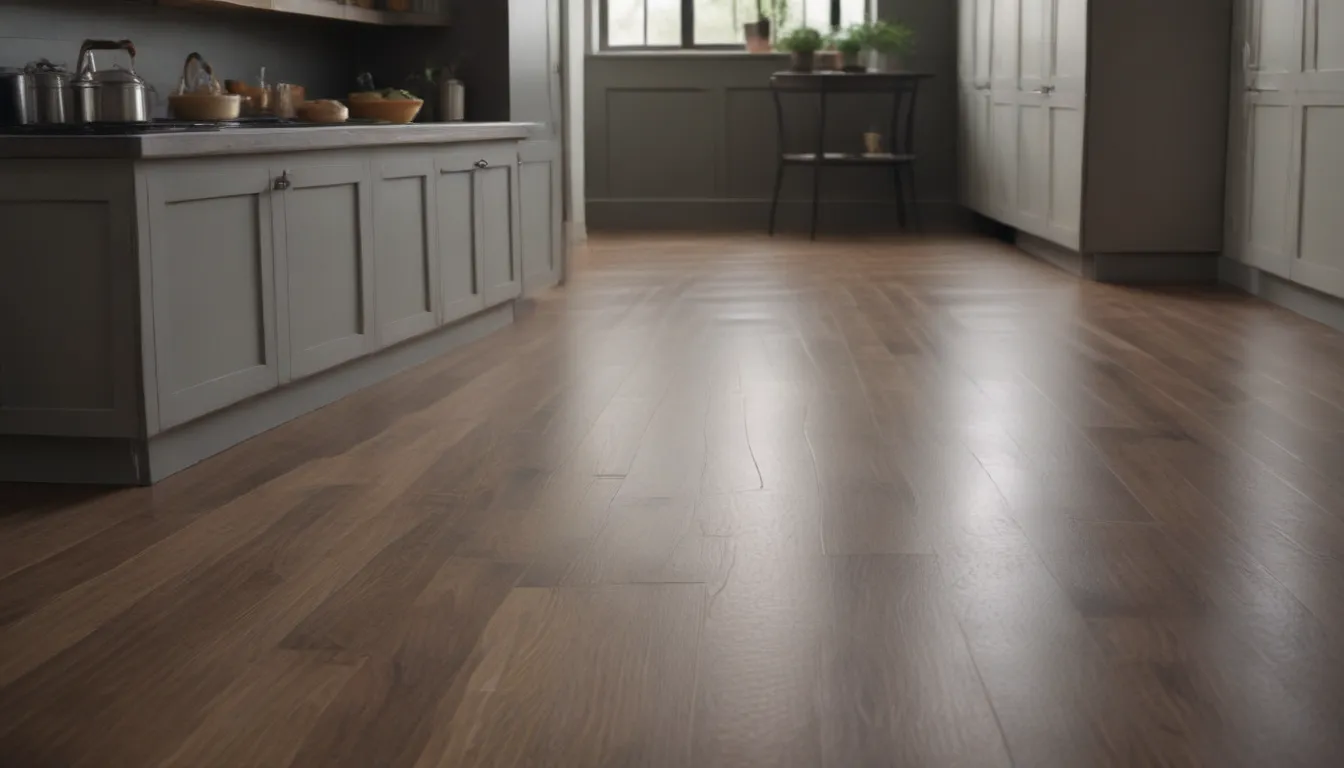
When it comes to kitchen flooring, durability and low-maintenance are key factors to consider. The kitchen is one of the most heavily used areas of the home, so it’s essential to choose a flooring material that can withstand the daily wear-and-tear. From hardwood to vinyl, there are a variety of options available that combine style, function, and comfort to create the perfect kitchen flooring for your home.
Ceramic Tile
Pros:
– Durable and resistant to water, stains, heat, and breakage.
– Available in numerous colors and patterns.
– Can mimic the look of other materials like wood and stone.
Cons:
– Hard and uncomfortable to stand on.
– Prone to cracking if not installed properly.
Best for: Water-resistance, heat-resistance, and impact-resistance.
Concrete
Pros:
– Long-lasting and customizable with various treatments.
– Suitable for modern kitchens.
– Inexpensive and durable.
Cons:
– Requires regular sealing to protect against staining and water damage.
– Hard and cold underfoot.
– May not appeal to all homeowners due to its industrial aesthetic.
Best for: Custom design, impact-resistance, and heat-resistance.
Natural Stone Tile
Pros:
– Luxurious and long-lasting.
– Comes in various types like granite, marble, slate, and travertine.
– Adds value to the home.
Cons:
– Porous and susceptible to water and liquid stain penetration.
– Requires regular sealing to maintain its appearance.
Best for: Unique natural aesthetic, heat-resistance, and impact-resistance.
Brick
Pros:
– Industrial aesthetic.
– Durable against heat, impact, and abrasive damage.
Cons:
– Porous and needs regular sealing.
– May not suit all home styles.
Best for: Industrial aesthetics, heat-resistance, and abrasion-resistance.
Bamboo
Pros:
– Durable and moisture-resistant.
– Mimics the look of hardwood.
– Environmentally friendly.
Cons:
– Variability in appearance based on color and pattern.
– Not ideal for moisture-prone kitchens.
Best for: Mimicking the look of hardwood, moisture-resistance, and superior hardness.
Hardwood
Pros:
– Soft underfoot and good for resale value.
– Can be sanded and refinished for a new look.
– Available in a variety of colors and styles.
Cons:
– Susceptible to moisture, stains, dents, and scratches.
– Difficult to install and can be expensive.
Best for: Comfort, easy refinishing, and a variety of style options.
Vinyl
Pros:
– Stain and water-resistant.
– Easy to clean and maintain.
– Affordable and DIY-friendly.
Cons:
– Wears and fades fast with heavy use.
– Needs replacement every decade or so.
Best for: Affordability, stain-resistance, water-resistance, and easy installation.
Cork
Pros:
– Comfortable and sustainable.
– Soft underfoot and reduces fatigue.
– Environmentally friendly.
Cons:
– Vulnerable to dents, scratches, and moisture.
– Requires regular sealing for protection.
Best for: Comfort, flexibility, and sustainability.
Linoleum
Pros:
– Environmentally friendly and easy to clean.
– Comes in a variety of colors and designs.
– Affordable and low-maintenance.
Cons:
– Prone to water damage and curling edges.
– Less durable compared to other options.
Best for: Affordability, low-maintenance, and easy installation.
Choosing the Right Kitchen Flooring
When selecting a kitchen flooring material, consider factors like durability, comfort, aesthetics, water resistance, and cost. Each material has its own unique benefits and drawbacks, so it’s essential to choose the one that best fits your needs and lifestyle. Here are some tips to help you make the right decision:
- Durability: Consider the level of maintenance required based on your household’s needs.
- Comfort: Opt for softer materials like cork, vinyl, linoleum, or hardwood for a more comfortable experience while standing.
- Aesthetics: Choose flooring materials that match the aesthetic of your home and personal design preferences.
- Water Resistance: Select materials that offer high levels of water resistance to avoid damage and maintenance.
- Cost: Stay within your budget by weighing the cost of materials against their durability and longevity.
In conclusion, there are various kitchen flooring options available that cater to different preferences and requirements. From the durability of ceramic tile to the comfort of cork, each material offers unique advantages that can enhance your kitchen space. By considering factors like durability, comfort, aesthetics, water resistance, and cost, you can choose the best kitchen flooring option that suits your needs and transforms your kitchen into a stylish and functional space.
